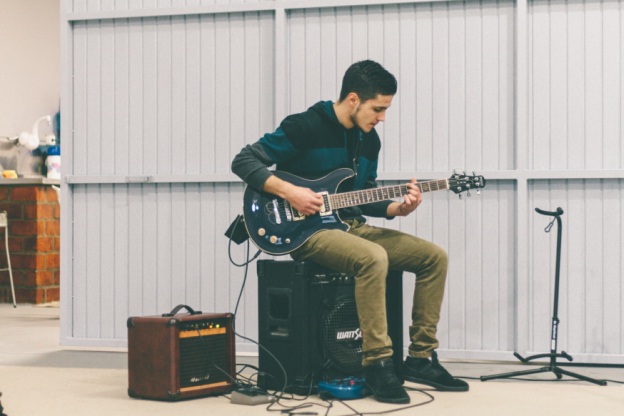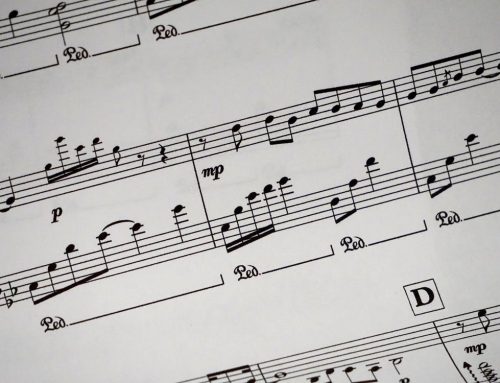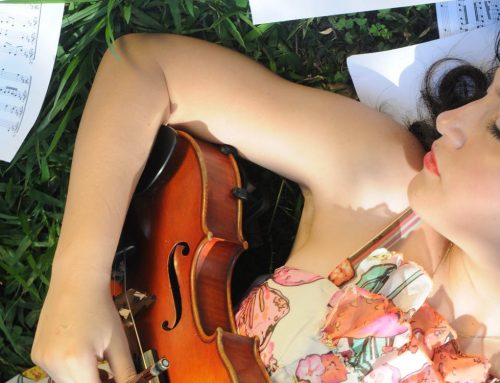Playing music is not just a test of your physical capabilities. It takes a whole lot more than that. Many musicians fail to understand that apart from the scales, notes and arpeggios and sharpening your technical skill set, music takes a whole lot of heart!
Technically Speaking
Measuring ‘heart’ is a bit of a vague order. If we play with words and call it mental fortitude however, it makes a little more sense. The thing is, an art form such as music taps not just into physical skill but also into your emotions and psyche.

How you’re feeling and what is happening in your head directly influences the music you make. You can have all the equipment, mixers, musical notation software and anything else under the sun, but if you’re not in the right headspace, your music will suffer!
What to do then?
Performance psychology is a real thing! In this blog, we’re going to draw upon psychological techniques that you could adopt in order to clear your inner space and better your work!
Preparation
In a previous blog, we might have referred to preparation and planning of a different kind. Here preparation means getting in the right headspace. Ways to psychologically prepare yourself for making a piece of music or a performance include visualization, self-assurance and yes a degree of mental planning!
Adaptability
Adaptability comes from the inherent understanding that at times things will not go your way. At those times one must be able to make the best of situations or work around them. This is only possible if you train yourself to be less rigid and more prepared to adapt.
When performing particularly, things do go wrong. Your cables might fail, your equipment might short circuit or someone might have forgotten to pick up a three-way aux cable on the way! What do you do? You adapt. How do you adapt? You take for granted and internalize one fact; anything can happen!
Faith
Having faith in yourself, your art and your preference by way of music is important. You have all sorts of influences out there. People might shoot down your work not because it is bad but because they know no better. Always connect with your inner competence. Be confident in your skills and if you get worried, learn to reassure yourself. If you have faith in your work it will show!
Mindfulness
Mindfulness, simply put, is focusing on things and giving them all your attention in the present moment as you do them. Mindfulness and playing your instruments or composing your music mindfully helps unlock potential you probably did not even know you possessed. A good way to start is simply by focusing deeply on what you are doing. For instance; if you’re playing a stringed instrument, focus on how it feels to hold, how your fingertips feel on the strings as well as the subtle vibrations and hums that follow when a note begins to fade!
Conservation
Making music can be energetically draining. In order to prevent burnout, allow yourself the time and space to do things that you love not pertaining to music. This should help create balance, inspire your work as well as allow you to hit those instruments harder when you finally get to it!
Conclusion
Like we said, it takes a lot to make a good musician. Your emotional and psychological state plays a role in determining the heights you eventually manage to reach musically. Though your head and your heart are for you to get right, what we can help you out with is music composing and editing software! Check out what we’ve got and get those notes flowing!






